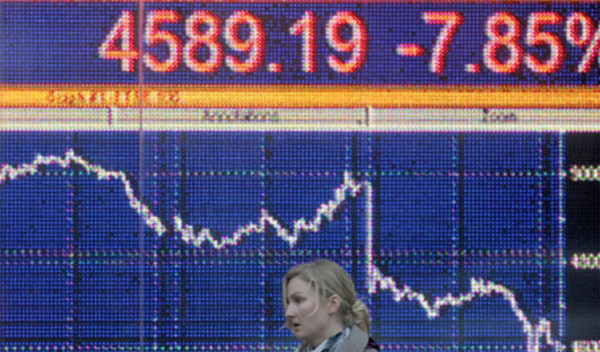

The trust has been managed by Invesco’s James Goldstone since 2017, and prior to that was managed by Mark Barnett at the same firm.
According to data from FE Analytics, the trust has returned 7 per cent over the past five years, compared with a return of 29 per cent for the average trust in the AIC UK All Companies sector in the same time period.
Over the past year to May 10, the trust has lost 6 per cent, compared with a sector average loss of 2 per cent.
In the half-year report of the trust out today (May 10) and covering the six months to March 31, the trust’s chairman Karen Brade wrote: "The company’s underperformance is disappointing, the board is supportive of James Goldstone’s contrarian and unconstrained investment approach in seeking companies which are truly undervalued and have the potential to generate significant gains in the medium term."
In his comments in the report, Mr Goldstone blamed Brexit-related uncertainty for the underperformance.
He said the Keystone Investment Trust’s portfolio has significant exposure to the UK domestic economy, and those shares have performed poorly due to negative investor sentiment towards them due to Brexit.
He wrote: "For the first time since the referendum in June 2016, the clouds are lifting from many of the domestically oriented stocks and sectors that this portfolio has favoured.
"With a delay granted by the EU, the risk of the UK leaving without a deal has all but evaporated for the time being, providing the certainty the market has craved that the much feared accompanying economic disruption can be avoided."
He said the relief was already felt in certain domestic cyclical sectors such as housebuilding and well positioned retailers and was expected to persist.
Even after the rally year-to-date, he said there was plenty of room in valuations, absolute and relative to other parts of the market, for the re-rating to continue.
He said: "I am further encouraged by the fact that the domestic rally has occurred without any recovery in sterling.
"This suggests that whilst some domestic UK investors may have rebalanced towards UK-focused stocks, international investors are yet to follow suit.
"This is borne out by the latest Merrill Lynch Global Fund Manager survey which shows UK equities as a significant underweight and the least favoured of all asset classes globally.
"Should that change there will be significant further capital chasing valuations back towards (and quite possibly above) normal levels and this is encouraging for large parts of the portfolio."
He added: "So in the near-term I am hopeful that the portfolio should deliver strong absolute and relative performance but as ever I am conscious of the risks that lie ahead."
As part of the half-year results statement, the board of the trust announced that it will move to quarterly dividends, and confirmed that gearing has fallen to below 10 per cent as at the end of March, compared with 11.8 per cent at the end of September 2018.
david.thorpe@ft.com



